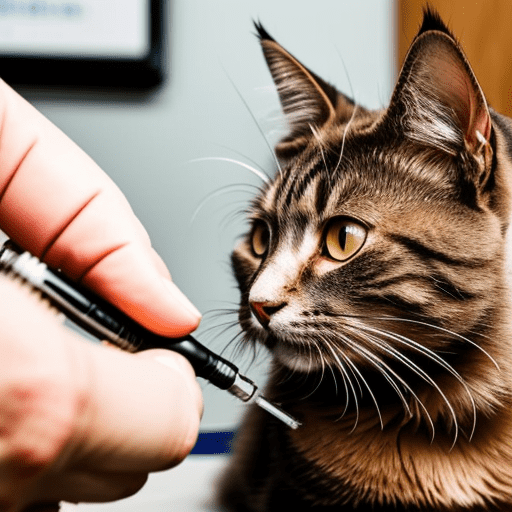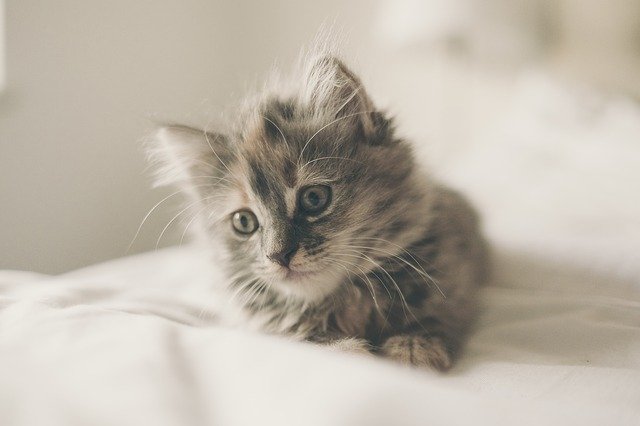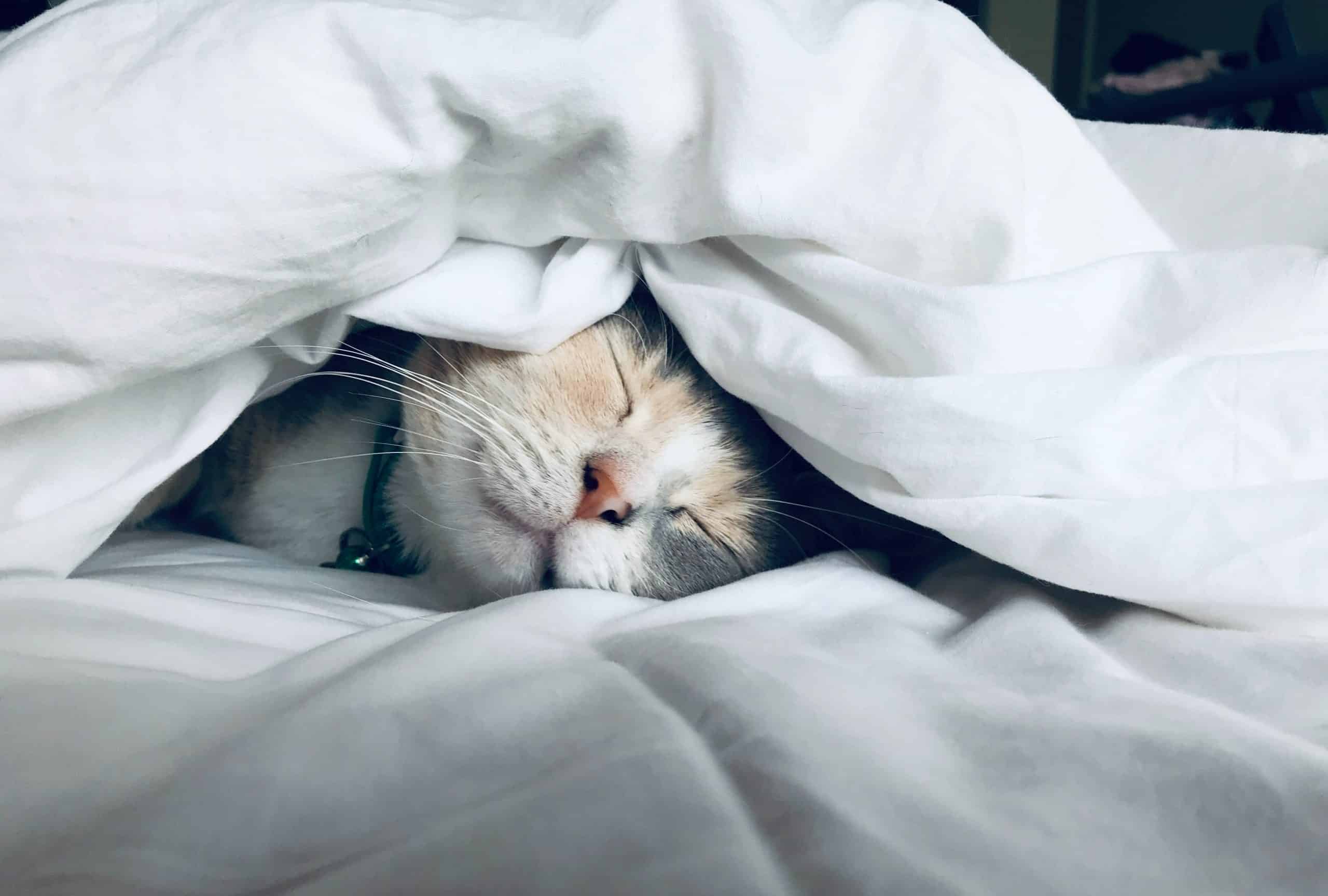Diabetes in cats is a common problem affecting more than one million cats worldwide. As an owner, you want the best for your cat, so it’s important to understand what diabetes is. Do you have a cat in your home that suffers from diabetes? Or are you wondering if your cat might be developing this condition? Don’t be discouraged by the confusing diagnosis – there are many effective treatment options that can help relieve symptoms and manage the disease. In this blog post, I will tell you more about diabetes in cats: the causes, symptoms, treatments and more. We know that cats can be prone to diabetes, just like humans. But the symptoms of the disease can sometimes be difficult to recognize. If you notice a change in their behavior, such as drinking more or urinating more, this could be a warning sign that your cat is suffering from diabetes. To make a correct diagnosis, it is important to understand the underlying causes of the disease. By doing so, you can protect your cat from the disease and improve his/her quality of life.
Causes of diabetes in cats
The cause of diabetes in cats is usually the lack of insulin. Insulin is a hormone produced by the body to remove and process glucose from the blood. If the cat does not produce enough insulin, the level of glucose in the blood will rise, which can cause diabetes. Other possible causes for the development of diabetes in cats include obesity, an unhealthy diet, aging, impaired immunity or a hereditary predisposition.
How long does a cat with diabetes live?
There is no definitive answer as to how long a cat with diabetes lives, as it depends on several factors. Life expectancy depends on the severity of the disease, the type of treatment the cat receives, either medication, diets or insulin, and the cat’s overall health. When diabetes is properly managed, the life expectancy of a cat with diabetes can be similar to that of a cat without the disease. But to properly manage the disease, owners should perform regular check-ups with their veterinarian, administer insulin and feed their cat with carefully selected foods.
To extend your cat’s life expectancy as long as possible, it is important to monitor the symptoms of diabetes, understand the causes and get effective treatment. Only by understanding the symptoms and causes can owners help their cats control diabetes.
Can diabetes pass in cats?
Diabetes in cats can pass, with a cat living a healthy life without treatment. These lifestyle changes include dietary and lifestyle changes that are only possible with the support of the owner. Monitoring by a veterinarian does remain essential to prevent the disease from getting worse. A syringe of insulin is used only when all other treatment options have been exhausted. To increase the chances of recovery, owners should feed their cat special diets, monitor constant low blood glucose levels and visit their veterinarian regularly.
To reduce the risk of complications from diabetes, it is important for owners to support their cats with extra exercise. Regular exercise can help keep the cat’s body fit, which has a beneficial effect on blood sugar regulation. It is also helpful to minimize stress in the lives of cats with diabetes, so a calm environment, proper nutrition and regular care are important. By making these changes, owners can extend the life expectancy of their cat with diabetes.
However, always follow your veterinarian’s advice! In many cases, Insulin is simply necessary now.
How expensive is insulin for a cat?
Costs vary widely depending on the type of insulin used, dosing frequency and treatment methods. It can be much more expensive than buying a package of insulin for a dog. Some pharmacies offer the same insulin for cats and dogs at a much lower price. It is important to compare different options and look for the best provider. In addition to the cost of insulin, the cost of monitoring blood glucose levels must also be factored in. Many veterinarians have a blood glucose meter available for home use and offer instruments to measure it accurately. Often ready-made test strips are also available with a meter, keeping the cost per test low.
The price of insulin fluctuates around 15€ for 30 to 50 syringes. A test strip hovers around 0.5€.
What can a cat with diabetes eat?
When a cat has diabetes, it is important to observe special dietary requirements. Although cats with diabetes can eat solid food where it contains sweeteners, they must follow a diet low in carbohydrates but rich in protein to keep blood sugar levels stable. It also plays an important role in maintaining a healthy body weight. Motivational rewards such as chicken breast or dried meat and fish are acceptable additions to the diet. Cats with diabetes should also be allowed to eat wet as well as dry food with high-quality, natural ingredients. However, foods with added sugar, sweeteners and carbohydrates should be avoided. Adding supplements, such as Omega-3 fatty acids, can help reduce inflammation. A veterinarian can best determine the most appropriate options when it comes to putting together a specific diet for a cat with diabetes.
Cat hotel for diabetic cat
Not every cat hotel sees fit to give syringes. In addition, it is important that they are also present often enough to keep an eye on your beloved cat.
So be sure to always ask if:
- They can and will give injections (and what they charge extra for this)
- Whether their hotel is set up for this, maw that the cat doesn’t hide and they miss treatment
- Whether they have measures for if placing a syringe would not work after all
- Whether they are sufficiently present in the hotel (e.g. not only present before or after work)
- Whether they may have a 24/7 veterinarian available
- Whether they can apply techniques for stress reduction
- Whether they can guarantee adapted nutrition
As a cat hotel, it is important to address the specific needs of animals with diabetes.
Be aware that you may have to pay more fees to care for a cat with diabetes.
Our hotel has experience with cats with diabetes, placing syringes and following up with your beloved four-legged friend. So feel free to contact us if you are looking for a cat hotel for your sweetheart.



